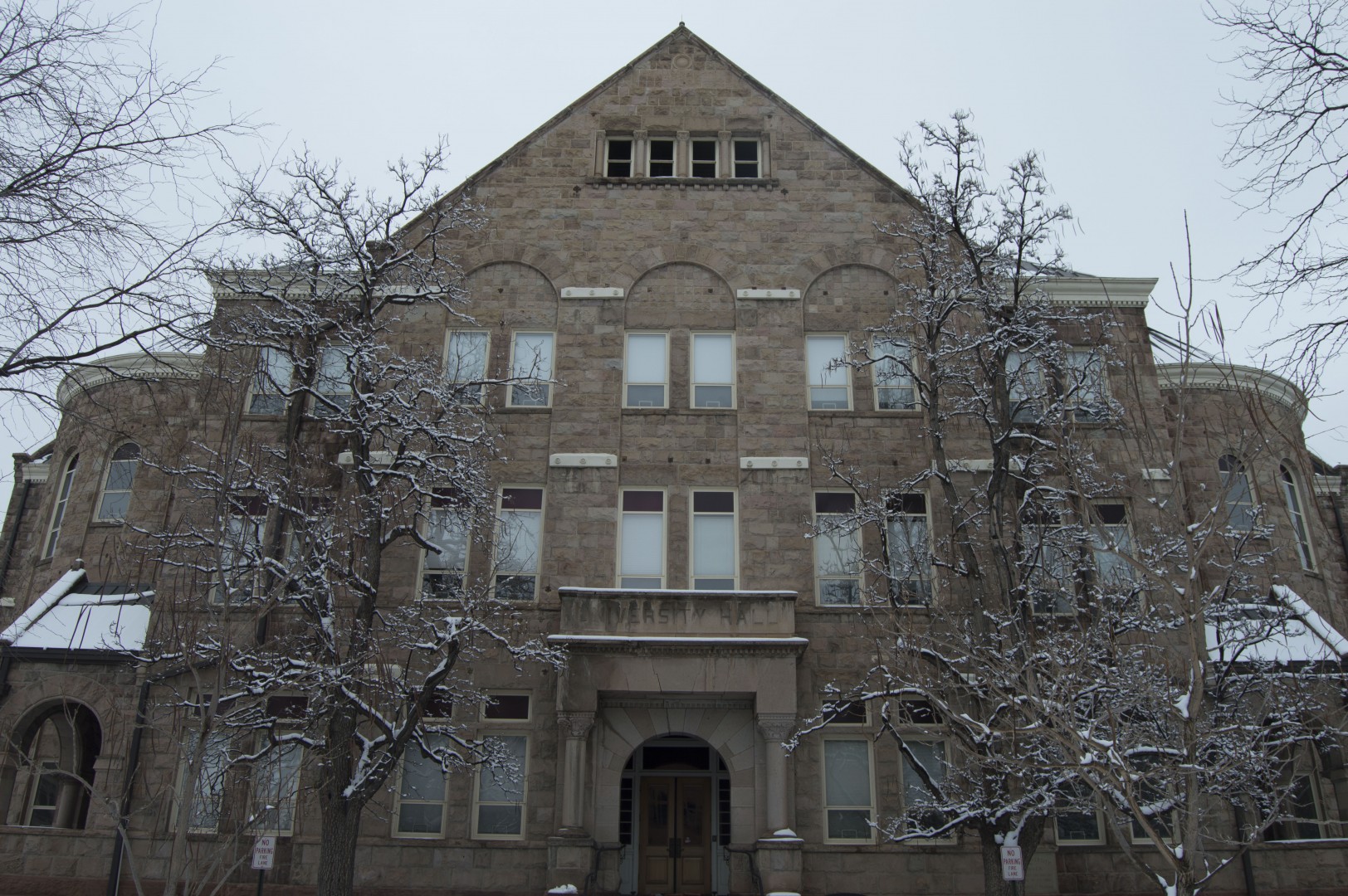We’ve all heard someone say, “I don’t like to talk politics.” With the current divisive political climate this statement is understandable. However, uncomfortable as it may be, it is more important than ever to respectfully discuss politics on our campus, both inside and outside the classroom.
This importance has to do with the fact that politics are front and center with the new administration and rapid changes, more so than in the past.
“Many DU students had the opportunity to vote for the first time this year. There was a lot of interest in the election cycle and excitement around being part of the political process,” said Rachael Liberman, a professor of the Media, Film and Journalism Studies Department who teaches various media and gender classes. “The coverage of the election season was turned into a spectacle. It became an interesting teaching point about news, privacy, etc.”
Politics are all over the news and social media and is in some way affecting all of us due to new executive orders, policies and proposals. Yet, when it comes to conversation, the flow of words and debate is much more hushed. Debates explode on a Facebook status, but people are not so quick to engage in political conversation face to face.
A safe and more productive space for discussion is in the classroom. There are voices with more background knowledge and a professor to present accurate information, stimulate debate and moderate.
“Depending on the course and the relevancy, there are ways you can have a meaningful discussion about politics that aren’t negative conversations that are productive,” said Liberman.
Despite the more respectful academic environment, there are many nuances to navigate politics in the classroom, as it is still a sensitive subject. Due to this, many believe professors have a duty to remain neutral and unbiased by their own beliefs, while others believe this is impossible. Professors are held to an elementary standard of “third person omniscient point of view,” but there is a reason this point-of-view is only read about in novels — an educator with extensive knowledge about a subject as it pertains to politics cannot share this knowledge in context and expect to appeal to everyone. For example, while the university supports inclusive excellence, there were many news reports on our current president not aligning with this idea and making comments demeaning to various groups. Therefore, explaining that these comments go against DU standards is a valid and important point but not technically on neutral ground.
“On one hand, you want to support everyone’s political opinions, but on the other hand, the university supports inclusive excellence,” said Liberman.
The political sphere has always been hard to navigate both among peers and within the classroom, but with so many different issues coming up the current climate can be related to many academic disciplines and classes. It is essential to have an open setting in which meaningful political discussion can take place, and the classroom is a place that can provide this. There are sensitive aspects that have to be carefully navigated by both students and professors. Educated citizens critically discussing our government does matter.










